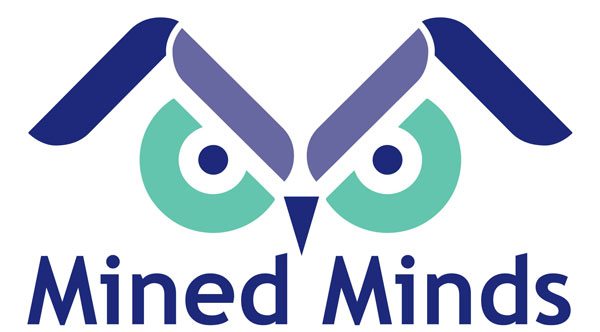
December 19, 2017; Register-Herald (Berkeley, WV)
Who has standing to sue a nonprofit? In the past, courts have kept that class pretty limited, but in this case plaintiffs are asking that so-called beneficiaries be included. According to approximately 60 petitioners in a lawsuit filed December 6th in Raleigh County Circuit Court, the Mined Minds Foundation of Waynesburg, Pennsylvania, has failed in its mission to train them adequately for tech jobs and provide promised compensation.
Mined Minds is a 501c3 established in 2016 with a mission to grow “tech hubs in areas of economic need within rural Appalachia” by “working with training providers to grow a talented and diverse workforce, as well as working to create and bring new career opportunities to the region.” Ostensibly, the nonprofit works to retrain and educate miners who have lost their jobs in the declining coal industry in West Virginia and Pennsylvania. They offer training in coding, software development, and other tech skills, and promise job placement and compensated apprenticeship training. Not long ago, the high-profile nonprofit enjoyed glowing press about teaching “former coal miners to become computer coders, creating apps, websites, and games.” A CNN account from 2016 talked about how Martin Launcher, a former miner himself, together with his sister Amanda and her husband Jonathan Graham had cofounded the nonprofit as a labor of love, financing startup costs out of their pocketbooks.
But a report last month by local Pittsburgh television station KDKA suggested that something might be awry. Despite earlier claims by cofounder Amanda Laucher that “every single one” of the students that went through the program found employment, out of 20 students that KDKA reporter Andy Sheehan reached, only seven graduated from the boot camp, and six of those seven were laid off.
A report published in the Los Angeles Times indicates, “Operators of the nonprofit foundation…told the Associated Press they have trained about 50 people in West Virginia and 35 in Pennsylvania in computer programming techniques and software development.” AP adds, “Jonathan Graham, one of the principals, said students paid no tuition or fees, some 41 completed the training, 16 work for Mined Minds, and several found other jobs. Teaching included the computer programs Ruby, JavaScript, HTML, CSS, SQL, AWS Cloud tools, Heroku, Git, Trello, Zoom, and Slack.”
The suit claims that the instructors were incompetent and did not follow the syllabus. Some were very recent graduates of the program themselves. In any case, it is alleged that the result was poorly trained students who were not adequately prepared for tech jobs. Neither did the students receive the promised wages. Victoria Flame, a plaintiff, did not receive any pay and dropped out of the program when she discovered the Pennsylvania program had to close because of a lack of licensure as a school.
Sign up for our free newsletters
Subscribe to NPQ's newsletters to have our top stories delivered directly to your inbox.
By signing up, you agree to our privacy policy and terms of use, and to receive messages from NPQ and our partners.
The three cofounders of Mined Minds are named as co-defendants. The lawsuit has not been certified as a class action yet, but it does state that the nonprofit has received a cease-and-desist order until they obtain a teaching license.
There may be more students joining the suit from other classes. Adam D. Taylor and Stephen P. New are the attorneys for the litigants.
“The one thing we know for sure is that Mined Minds promised $15 an hour in the apprenticeship period, after Phase 1 was over,” said attorney Stephen P. New. He said the defendants have 30 days to file a response.
“Upon information and belief, no graduate of the defendant Mined Minds Foundation’s program has ever found a job in the tech industry other than those who eventually worked for Mined Minds or a company directly related thereto.”
The Mined Minds Foundation does not just have an obligation to the students, their program participants. They have an obligation to their funders, which include individual donors, grants, and government funding. The IRS requires that grants from foundations must be returned if the monies are not spent as pledged. The government has reporting requirements for its funding that will not be met, either.
How did this happen? Were they too aggressive for a startup? Were they too optimistic, incompetent, or sloppy in program formation? We will learn more as the lawsuit plays out.—Marian Conway













